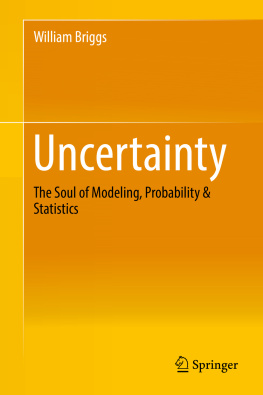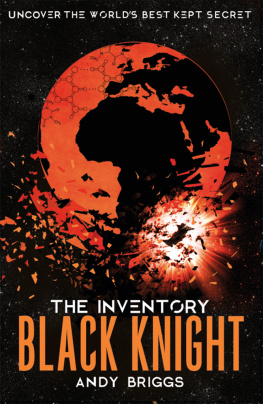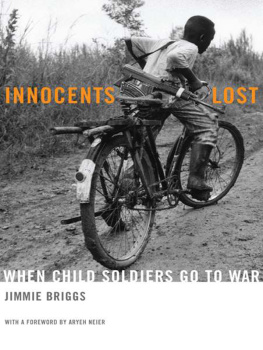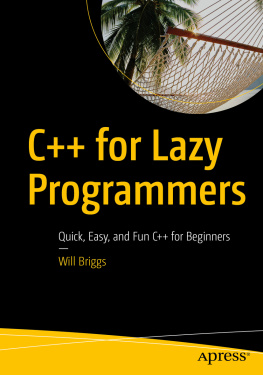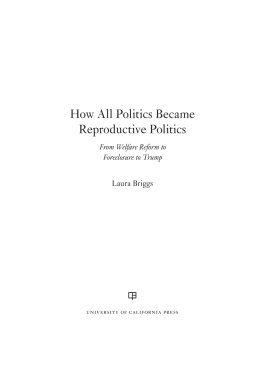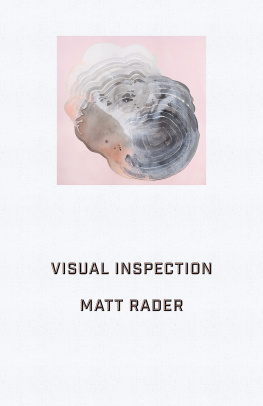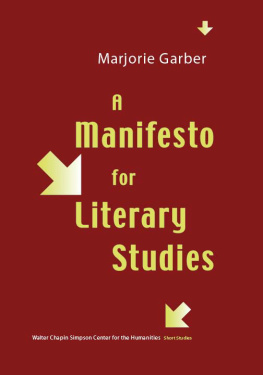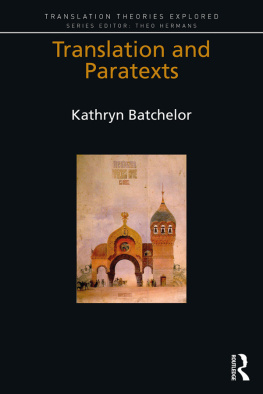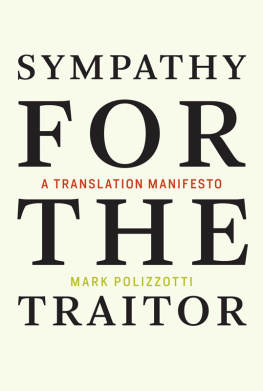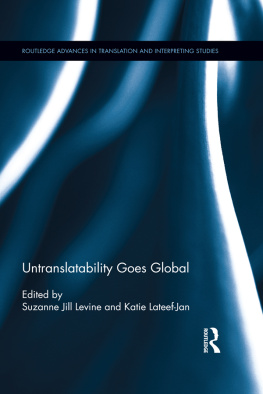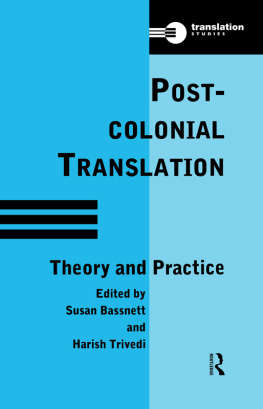Briggs - This Little Art
Here you can read online Briggs - This Little Art full text of the book (entire story) in english for free. Download pdf and epub, get meaning, cover and reviews about this ebook. City: London;United Kingdom, year: 2017, publisher: Fitzcarraldo Editions, genre: Art. Description of the work, (preface) as well as reviews are available. Best literature library LitArk.com created for fans of good reading and offers a wide selection of genres:
Romance novel
Science fiction
Adventure
Detective
Science
History
Home and family
Prose
Art
Politics
Computer
Non-fiction
Religion
Business
Children
Humor
Choose a favorite category and find really read worthwhile books. Enjoy immersion in the world of imagination, feel the emotions of the characters or learn something new for yourself, make an fascinating discovery.
This Little Art: summary, description and annotation
We offer to read an annotation, description, summary or preface (depends on what the author of the book "This Little Art" wrote himself). If you haven't found the necessary information about the book — write in the comments, we will try to find it.
This Little Art — read online for free the complete book (whole text) full work
Below is the text of the book, divided by pages. System saving the place of the last page read, allows you to conveniently read the book "This Little Art" online for free, without having to search again every time where you left off. Put a bookmark, and you can go to the page where you finished reading at any time.
Font size:
Interval:
Bookmark:
Kate Briggss This Little Art shares some wonderful qualities with Barthess own work the wit, thoughtfulness, invitation to converse, and especially the attention to the ordinary and everyday in the context of meticulously examined theoretical and scholarly questions. This is a highly enjoyable read: informative and stimulating for anyone interested in translation, writing, language, and expression.
Lydia Davis, author of Cant and Wont
In This Little Art, Kate Briggs looks at the everyday, peculiar thing that is translation, testing it out, worrying at its questions. She deftly weaves her recurring threads (Roland Barthes, Crusoes table, The Magic Mountain, aerobic dance classes) into something fascinatingly elastic and expansive, an essay meditation? call to arms? that is full of surprises both erudite and intimate, and rich in challenges to the ways we think about translation. And so, inevitably, to the ways we think about writing, reading, artistry and creativity, too. As a translator, Im regularly disappointed by what I read about translation it feels self-indulgent, irrelevant in its over-abstraction but This Little Art is altogether different. It comes to its revelations through practicality, curiosity, devotion, optimism, an intense and questioning scrutiny, as the work of a great translator so often does.
Daniel Hahn, translator of Jos Eduardo Agualusa and winner of the International Dublin Literary Award in 2017
Not so much a demystification as a re-enchantment of the practice of literary translation, that maddening, intoxicating little art which yokes humility and hubris, constraint and creativity in Briggss passionate telling, you can practically hear the sparks fly.
Deborah Smith, translator of Han Kang and winner of the Man Booker International Prize in 2016
Briggs interrogates and celebrates the art of translation. She wears her erudition lightly in this highly readable essay that makes intriguing connections and raises more questions than it answers. Urgent and pertinent questions that challenge us as readers, writers and translators and offer much food for thought.
Ros Schwartz, translator of Tahar Ben Jelloun, Georges Simenon and Antoine de Saint-Exupry
This Little Art maps the current landscape and disputed territories of literary translation with exquisite precision. With xenophobia on the rise across the western world, the complex art of translation has achieved a new level of relevance for English-language readers and Briggs has crafted an excellent exploration of the reasons why.
Idra Novey, author and translator of Clarice Lispector
Just as there is something intimate about the act of translation the translator is inhabiting the text being translated, reading it as closely as possible there is an intimacy to This Little Art, Kate Briggss wonderfully evocative essay on translation. We feel the author is talking to us from across the table about the most important things novels, language, beauty, art but in a confidential, friendly way, in a way that makes us listen more closely. Translation, Briggs shows us, is a conversation between the author and translator, between the translator and reader and it is this conversation that keeps literature alive. I hope this book will produce not only more readers appreciative of the art of translation, but also more translators willing to engage in the courageous and daunting task of true close reading, that most intimate act we call translation.
Charlotte Mandell, translator of Maurice Blanchot, Jonathan Littell and Mathias Enard
Its Walpurgis-Nacht in the sanatorium and Hans Castorp, the hero of The Magic Mountain, has been made to feel hot and reckless by the atmosphere of carnival. Standing a small distance behind him, in the doorway of the little salon, is Frau Chauchat. She is dressed in a startling gown of thin, dark silk.
Was it black? Probably.
Or, at most, shot with golden brown.
Cut with a modest little neck, round like a schoolgirls frock. Hardly so much as to show the base of her throat. Or the collar bones. Or, beneath the soft fringes of her hair, the slightly prominent bone at the back of her neck.
But all the while leaving bare to the shoulder her arms.
Arms so tender and so full.
So cool and so amazingly white, set off against the dark silk of her frock.
To such ravishing effect as to make Hans Castorp close his eyes. And murmur, deep within himself: O my God!
He had once held a theory about those arms. He had thought, on making their acquaintance for the first time veiled, as they had been then, in diaphanous gauze that their indescribable, unreasonable seductiveness was down to the gauze itself. To the illusion, as he had called it. Folly! The utter, accentuated, blinding nudity of those arms was an experience now so intoxicating, compared with that earlier one, as to leave our man no other recourse than, once again, with drooping head, to whisper, soundlessly: O my God!
Later, agitated by the silly drama of a drawing game, hell walk straight up to her and boldly ask for a pencil.
Shell stand there, in her paper party cap, looking him up and down.
I? shell ask. Perhaps I have, let me see.
Eventually, shell fetch one up from deep within her leather bag: a little silver one, slender and fragile, scarcely meant for use.
Voil, shell say, holding it up by its end in front of him, between thumb and forefinger, lightly turning it to and fro.
Because she wont quite hand it to him, because shell give it to him and withhold it, hell take it, so to speak, without receiving it: that is, hell hold out his hand, ready to grasp the delicate thing, but without actually touching it.
Cest visser, tu sais, shell say. You have to unscrew it.
And with heads bent over it together, shell show him the mechanism. It would be quite ordinary, the little needle of hard, probably worthless lead, coming down as one loosened the screw.
Theyll stand bending toward each other. The stiff collar of his evening dress serving to support his chin.
Shell speak to him in French, and hell follow her.
Hell speak to her in French uneasily, feeling for the sense.
A little further on shell command, a bit exasperated and more impersonally now: Parlez allemand sil vous plait!
And in the copy of the novel I have open next to me as I read and write, Hans Castorp replies in English. Clavdia Chauchat has asked him, pointedly, in French, to address her in German, and his reply is written for me in English. I mean, of course it is. Its an everyday peculiar thing: I am reading The Magic Mountain in Helen Lowe-Porters translation, first published in 1927. A novel set high up in the Swiss Alps, one of Germanys most formative contributions to modern European literature (so the back cover of my edition tells me) and here they all are acting and interacting not always, but for the most part in English. And I go with it. I do. Of course I do. I willingly accept these terms. Positively and very gladly, in fact. Because with French but no German I look at my bookshelves: also, no Italian and no Norwegian, no Japanese and no Spanish, no Danish and no Korean (and so on and so on) I know that this is how the writing comes:
An unassuming young man named Hans Castorp travels up from his native city of Hamburg to Davos-Dorf. When the train stops at the small mountain station, he is surprised to hear his cousins familiar voice: Hullo, says Joachim, there you are!
Roland Barthes speaks into the microphone on 7 January 1977. It is the day of the inaugural lecture, marking his appointment to Chair of Literary Semiology at the Collge de France. Towards the end of his address hell speak of Thomas Manns
Font size:
Interval:
Bookmark:
Similar books «This Little Art»
Look at similar books to This Little Art. We have selected literature similar in name and meaning in the hope of providing readers with more options to find new, interesting, not yet read works.
Discussion, reviews of the book This Little Art and just readers' own opinions. Leave your comments, write what you think about the work, its meaning or the main characters. Specify what exactly you liked and what you didn't like, and why you think so.


